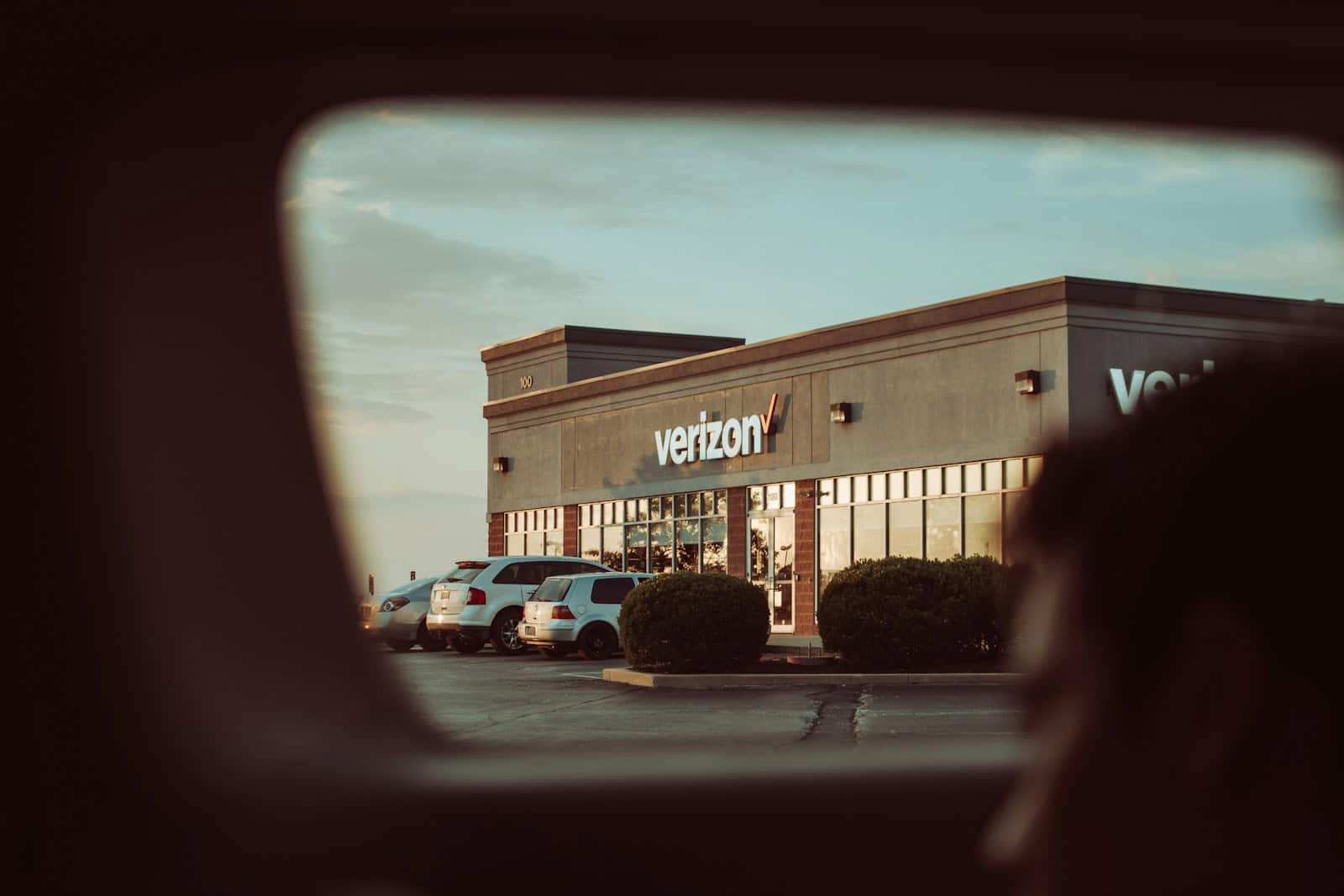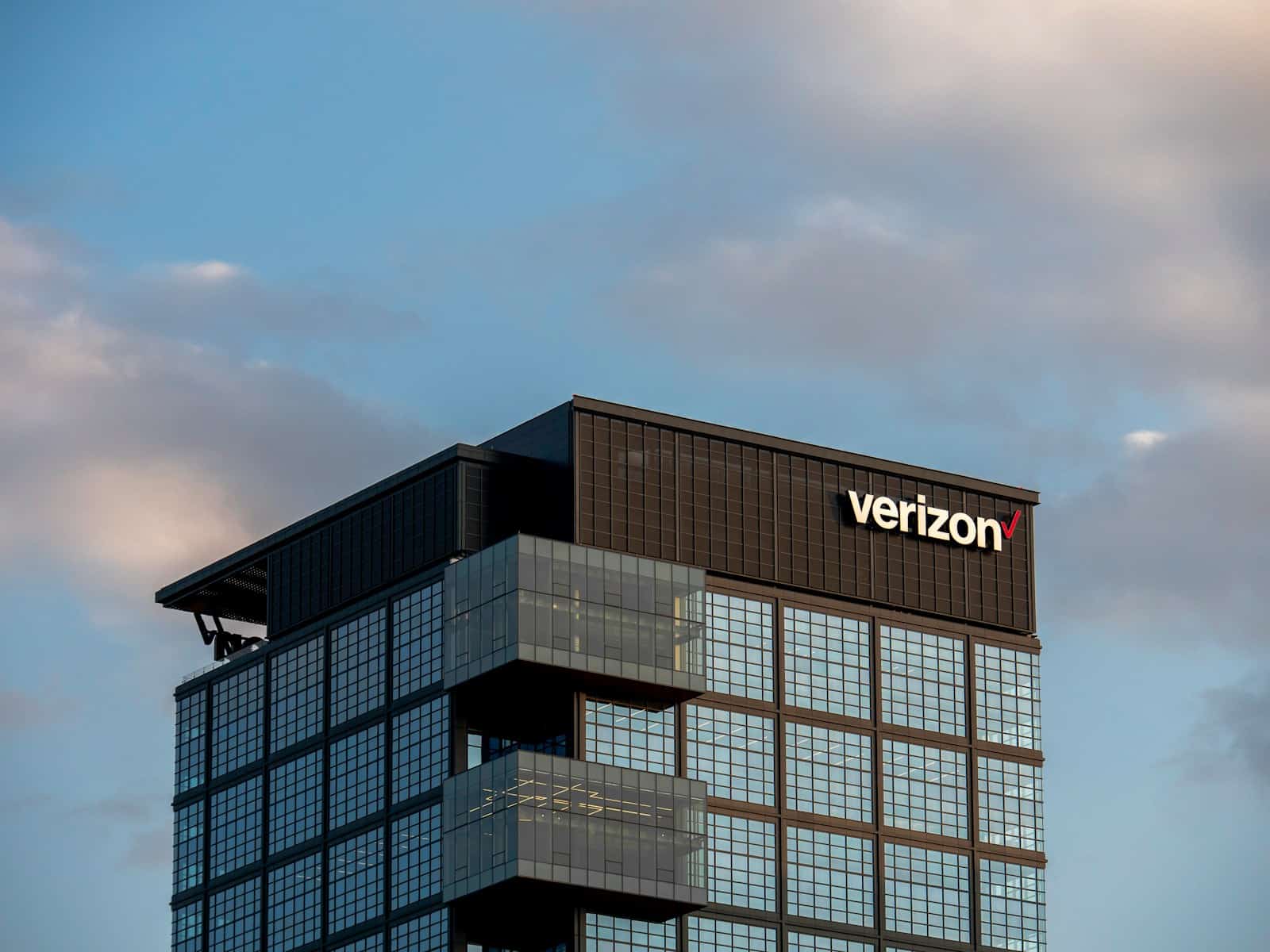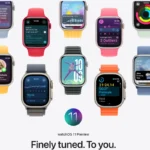Verizon is seeking to shake up one of the core consumer protection rules in U.S. mobile policy by asking the Federal Communications Commission (FCC) to lift its 60-day phone unlocking requirement. This move could mark a pivotal shift in how carriers handle device freedom, fraud prevention, and market competition.
Why Verizon Wants Out of the Unlocking Rule
Verizon’s petition to the FCC aims to eliminate the current mandate requiring it to unlock phones 60 days after activation. This rule was originally imposed as part of Verizon’s agreement tied to its 700MHz spectrum acquisition in 2008 and later reinforced when it acquired TracFone in 2021.
The company argues that the regulation is outdated and uniquely burdensome. According to Verizon, it’s the only major carrier subject to such strict unlocking terms, which has led to what it claims are hundreds of millions of dollars in annual losses due to organized fraud rings and international device trafficking. Fraudsters, Verizon contends, are exploiting the 60-day unlocking policy to quickly resell devices in foreign markets—undermining its business model and security protocols.
Legal and Political Leverage
In making its case, Verizon is invoking the Supreme Court’s 2024 Loper Bright decision, which weakened the power of federal agencies to interpret laws without clear congressional guidance. Verizon is essentially arguing that the FCC may no longer have the authority to enforce the unlocking mandate in the post-Loper legal landscape.
Additionally, Verizon is aligning its petition with broader deregulatory trends. It referenced the Department of Government Efficiency’s recent Deregulatory Initiative, which has taken aim at legacy rules across multiple industries. Verizon frames the unlocking requirement as just such a relic—out of sync with today’s fraud environment and competitive dynamics.

A Shift From Past Support
Interestingly, Verizon itself backed the FCC’s 2024 proposal to standardize a 60-day unlocking policy across all carriers. That proposal, championed by FCC Chairwoman Jessica Rosenworcel, was meant to improve consumer choice and interoperability—allowing users to switch carriers more freely after a brief lock-in period.
However, Verizon now argues that this policy, while reasonable in theory, has had damaging consequences in practice. Other carriers still enjoy more discretion in unlocking policies, giving them a competitive edge while Verizon shoulders disproportionate risk.
What This Means for Consumers
At present, Verizon automatically unlocks all devices after 60 days—unless the device is reported lost, stolen, or involved in fraud. This rule applies across postpaid and prepaid devices. If the FCC grants Verizon’s request, that automatic unlocking process could be delayed indefinitely—or potentially eliminated—depending on the company’s new internal policies.
For consumers, this raises significant concerns. The 60-day window has allowed users to bring their devices to other carriers with minimal hassle, promoting healthy competition and user freedom. If Verizon no longer unlocks phones on a fixed timeline, it could result in more restrictive carrier lock-in practices that haven’t been seen since the early 2010s.
What Happens Next?
The FCC has not yet issued a formal response to Verizon’s petition, but the outcome could reshape the landscape of U.S. mobile service. Consumer advocacy groups and regulatory watchers are keeping a close eye on the case, as its resolution could either reinforce consumer protection norms—or signal a rollback in favor of carrier flexibility and fraud control.
As wireless carriers continue to clash over control, fraud prevention, and user freedom, the final decision on this waiver could set a precedent for the future of phone ownership in the United States.
How to Unlock a Verizon iPhone
Unlocking an iPhone on the Verizon network allows you to use it with different carriers. This is useful if you’re traveling abroad, switching to a new carrier, or selling the phone. Verizon has a specific policy in place that outlines the requirements for unlocking your device. They usually require the phone to be on their network for 60 days. After this period, most phones are unlocked automatically.
If your iPhone does not unlock automatically, you can take steps to unlock it manually. You will need to contact Verizon customer support to initiate the process. The unlocking process will not affect your warranty, and it’s important to ensure that the phone is not reported lost or stolen before attempting to unlock it.
Key Takeaways
- Unlocking a Verizon iPhone allows use with other carriers after a 60-day period.
- Automatic unlocking is standard but manual unlocking is possible through customer support.
- The iPhone’s warranty remains valid post-unlock if the process is done correctly.
Eligibility and Requirements for Unlocking
When unlocking a Verizon iPhone, you must meet specific criteria. These rules ensure the phone and account are ready for unlocking.
Understanding Verizon’s Unlocking Policy
Verizon’s unlocking policy allows you to use your iPhone with other carriers. However, your phone must first pass the lock period. They designed this rule to keep your device secure and to prevent fraud. Military personnel may request an exception if they receive orders to relocate.
Carrier Lock Period and Restrictions
All new Verizon phones have a 60-day carrier lock. This lock keeps the phone tied to Verizon’s network. After this period, Verizon will automatically unlock the device unless it’s associated with fraudulent activity.
Requirement Checklist for Unlocking
To unlock your Verizon iPhone, check these requirements:
- Account Status: It must be in good standing with no past-due balances.
- Timeframe: Wait 60 days after purchase for automatic unlocking.
- Device Payment: Pay off your iPhone in full.
- Military Orders: Provide deployment orders if applicable for an exception to the lock period rule.
Follow these steps, and you should be able to unlock your Verizon iPhone without affecting your warranty.
Steps to Unlock Your Verizon iPhone
Unlocking a Verizon iPhone allows you to switch carriers and use different SIM cards. It involves several steps, starting with contacting customer service and may include using iTunes for confirmation.
Requesting Unlock Through Customer Support
To start, contact Verizon’s customer support. Provide your device’s IMEI number, which you can find in the Settings app under “General” and then “About.” They will check if your phone is eligible for unlocking.
Unlocking Your iPhone via iTunes
Once customer support confirms, connect your iPhone to a computer and open iTunes. Perform a backup and restore your device. This process should complete the unlock.
Verifying Unlock and Testing With Different Carriers
After unlocking, go to Settings and tap About to verify the status under Carrier Lock. It should say “No SIM restrictions.” Test your device with a SIM card from a different carrier to confirm the unlock.







